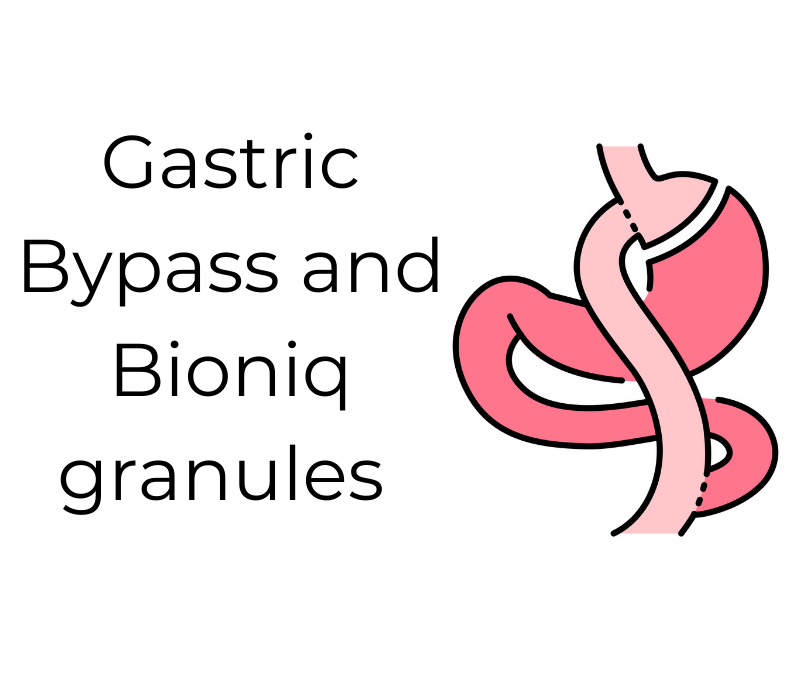
Intermittent fasting has been an important part of different cultures and religions for thousands of years. In recent decades, it has also become one of the most popular nutrition trends in the world. Whether it’s for spiritual or lifestyle purposes, intermittent fasting can benefit your health for various reasons. In this article, we break down all the essential facts about intermittent fasting.
Let’s start with defining the key purposes of intermittent fasting. Intermittent fasting is a food discipline that is all about eating at specific times a day and maintaining a specific number of breaks between your meals. In contrast to popular diets, intermittent fasting is a concept that focuses on when to eat instead of what to eat. However, it goes without saying that food quality and calorie intake are also important. For example, suppose your meal is poorly balanced and consists only of carbohydrates or processed foods. In that case, you might only gain weight instead of normalizing your metabolism.
Now, how can intermittent fasting help you benefit your health? To understand the benefits of IF, we must first understand the physiology of energy production in your body. When you eat, your blood glucose (blood sugar) rises. Meanwhile, your pancreas produces insulin – a hormone that helps glucose in your blood enter muscles, fat and liver cells so they can use it for energy. If you consume extra calories, eat too frequently and maintain little physical activity, your pancreas will be forced to make an extra effort to produce insulin, and excess blood sugar may end up as extra body fat. As a result, you may face higher risks of obesity, type 2 diabetes and heart diseases.
Research shows intermittent fasting may help reverse these trends and give your body time to reset. After at least 4 hours without food, when your body has already processed calories into energy and has exhausted its sugar stores, the process of burning fat begins. This process is known as metabolic switching. According to studies, this process can increase your metabolism, help you burn excess calories, stabilize your glucose levels, drop your insulin levels and promote better weight management.
In addition, intermittent fasting may help you reduce inflammation in the body. According to a study conducted on 40 Muslims fasting during the holy month of Ramadan, prolonged breaks from food had a positive effect on the levels of C-reactive protein, which is a marker of the inflammatory processes in the body.
Depending on your goal and health background, there are multiple ways to practice intermittent fasting. Intermittent fasting might not fit just everyone, so it is important to take into consideration your health history or age. Before trying out any method, don’t forget to consult with your doctor.
Here are some of the popular methods that may be recommended by nutritionists:
To monitor your diet and calorie consumption, you can track your fasting schedule via Zero App, which will guide you through the fasting process and calorie count.

.png)
